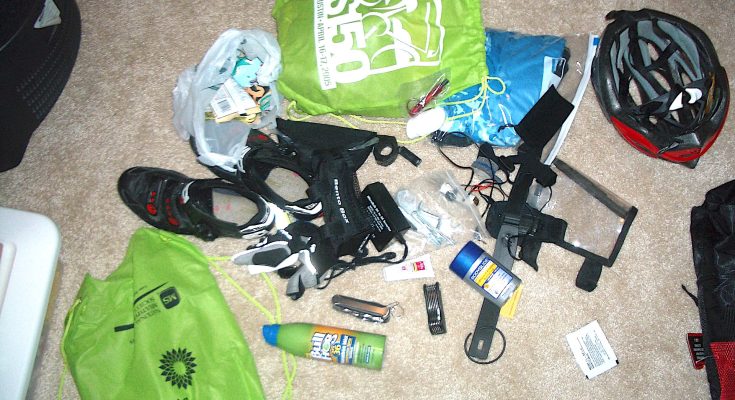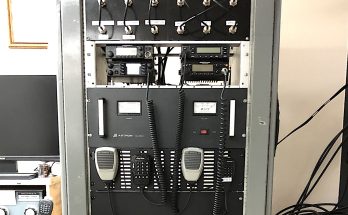Smoke Detectors and Carbon Monoxide Detectors
It is recommended to have smoke detectors and CO alarms in every bedroom, near your furnace and gas appliances. It is also recommended, that you change the batteries your detectors every year. The best way to remember to change the batteries, is to change them on daylight savings time change. It falls on the second Sunday in March.
Fire Mitigation Resources Links
Boulder County Fire Mitigation
National Fire Protection Association
Emergency Kit Check List
Being organized and ready for an emergency situation means being equipped with the appropriate supplies you may need in the event of an emergency or disaster. Keep your supplies in an easy-to-carry emergency preparedness kit (also called a go-bag) that you can use at home or take with you in case you must evacuate.
Emergency kit checklist for parents/adult’s bags
Personal documents for everyone in family (parents) or self (adult) in a waterproof bag Container/bag (copy of id, copy of social security card, copy of birth certificate, copy of marriage certificate
Copy of wills, copy of passports, copy of insurance policies, credit card, cash $500 (recommended)
Non cellular communications: Citizens Band, FRS or HAM radios Prepaid phone or phone cards or cell phone with charger
3 to 5 days changes of clothes and under clothing and socks Fire Extinguisher
Boots
Pajamas
Medications (prescription and non-prescription)
Person hygiene (toothbrush, toothpaste, deodorant, shampoo, conditioner, hairbrush/ties, sanitary napkins, Hand sanitizer, q-tips)
First aid kit (simple)
Sewing kit
Whistle
Compass
Waterproof matches (or buy a 3-1 with a compass, whistle and match container) 3-to-5-day supply of non-perishable food
3 sealed one-gallon water bottles
Empty water bottle with water purification tablets or bleach
Roll of toilet paper in baggies or wrapper
Tissues (travel packs)
Raincoat/poncho
Flashlight and extra batteries (do not store batteries in flashlight)
Phone charger cable
Portable battery charger
Activities, games, cards
Candles
Baggies
Gloves (Latex and Work)
Masks
Baby wipes (for self-cleaning in place of shower)
Garbage bags (2-3)
Lighter
Eating utensils
Small shovel
Pocket knife/utility knife
Small ax
Rope, twine, clothes pins
Tape, duct tape, packing tape
Extra eyeglasses or contacts
Manual can opener (if packing canned foods like Vienna sausages and fish)
Books
3 gallons of drinking water and 3 gallons of sanitation water (these will not be stored in your bag, but kept safe in case you are staying at your home or can take them with you to a safe location)
5-gallon bucket for family use (to be taken with family in emergency)
Fire Extinguisher
Candles
Lighter
Waterproof matches
Eating utensils (1-2 extra sets) Small shovel
Hand crank radio
Pocket knife/utility knife
Rope, twine, clothes pins
Tape, duct tape, packing tape
Baggies
Garbage bags 10-15+ of these (they will line the bucket and be used for waste collection) Shower curtain (to hold up for privacy)
Tarp
Tent stakes
Rope and twine
Grocery sacks
First aid kit (all-purpose)
Here is a list of items to keep in your household for family use:
Cook top or grill and propane
Residential address signs
Fire Extinguisher
Survival tent and blankets
Extra gas for car and generator
Generator for power or 5000-watt power inverter Wood for fire
Newspaper
2 gallons of water per person per day (1 for drinking, 1 for sanitation) for up to 5 days (more if you have room)



